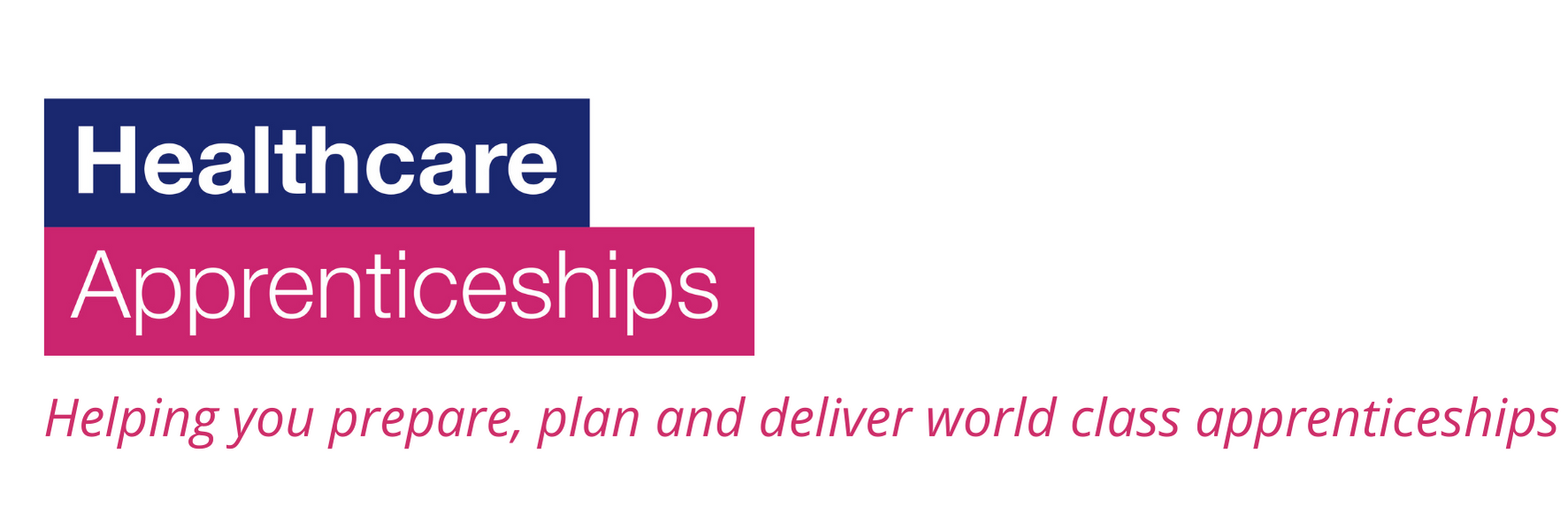K1: The role of the assessor working within organisational, legal, and ethical frameworks, including confidentiality and safeguarding.
K2: How to plan inclusive assessment.
K3: Types of and methods of assessment.
K4: The principles of assessment to include validity, authenticity, currency, sufficiency, and reliability.
K5: Methods of verbal and non-verbal communication to support assessment practice, including questioning techniques.
K6: How to give constructive feedback for the purpose of progress and achievement.
K7: Standardisation, moderation and quality assurance procedures relevant to the assessment.
K8: The purpose and process of the quality cycle.
K9: Organisational and legal requirements for recording, storing and sharing personal information.
K10: Types and methods of recording and tracking assessment decisions, including the use of digital technology.
K11: Sources of and how to access accurate and relevant vocational/pastoral advice and guidance to meet learner needs, including points of referral.
K12: The role and importance of holistic assessment to support wider skill development.
K13: Approaches to sustainable assessment practice.
K14: Opportunities for continuing professional development in own sector to maintain occupational competency, including sustainable practice and digital literacy.


